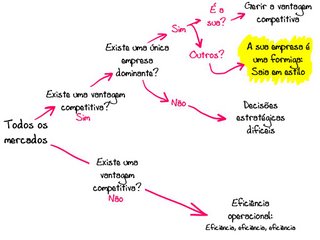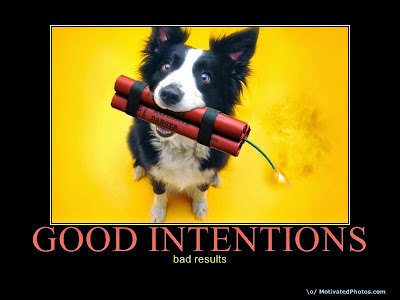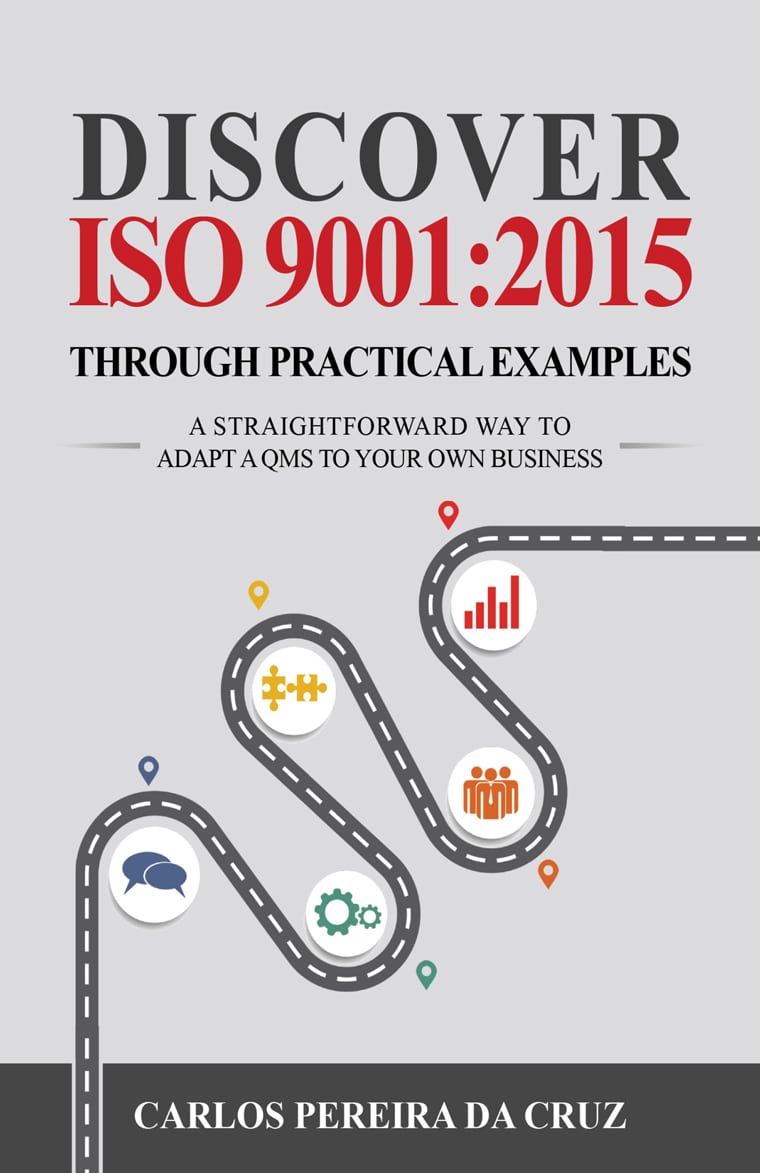“Cal Newport, the best-selling author of So Good They Can’t Ignore You, argues that passion is the side effect of mastery. To Newport, following your passion is fundamentally flawed as a career strategy because it fails to describe how most successful people ended up with compelling careers and can lead to chronic job-shifting and angst when your reality falls short of your passionate dream for your career. Newport believes that we need to be craftspeople, focused on getting better and better at how we use our skills, in order to be valuable to our company and its customers. The craftsperson mind-set keeps you focused on what you can offer the world; the passion mind-set focuses instead on what the world can offer you.
...
Another study on college students, from psychologist Jeffrey Arnett, found that most postgrads expect the work they do in their career to not be just a job but an adventure. The problem is that most of the subjects felt entitled to meaningful and adventurous work, but no obligation to put in the time and effort to master the skill set required. Just as autonomy is achieved through mastery of skills and ownership of an ability to solve problems, so too is passion. Passion doesn’t precede mastery, but follows it.
The feeling among some employees, team members, or even business owners that they are owed something just for showing up is a difficult pill to swallow. Linda Haines, who ran a human resources department at a large international company, says that many people who were raised to feel like they’re always winners, regardless of their relative efforts, merits, or skills, feel entitled to promotions and advances just because they show up to the office. [Moi ici: Algo tão comum nos dias de hoje. Dizer às crianças que o mais importante é participar. Há um lado positivo e há um lado negativo]
...
Passion isn’t the catalyst that creates success, but more often what develops after success is achieved. Taking action and doing work, as a first step, create momentum, and this momentum happens when you’re caught up in—and enjoying—the process of your work, not its possible outcomes.
The gist is this: you can pursue any passion you want, but you shouldn’t feel entitled to make money off it. Passion in work comes from first crafting a valuable skill set and mastering your work.”
Trechos retirados de "Company of One: Why Staying Small is the Next Big Thing for Business" de Paul Jarvis.






:max_bytes(150000):strip_icc()/bruce-jenner-olympics-56a088285f9b58eba4b15106.jpg)













%2006.21.jpeg)












